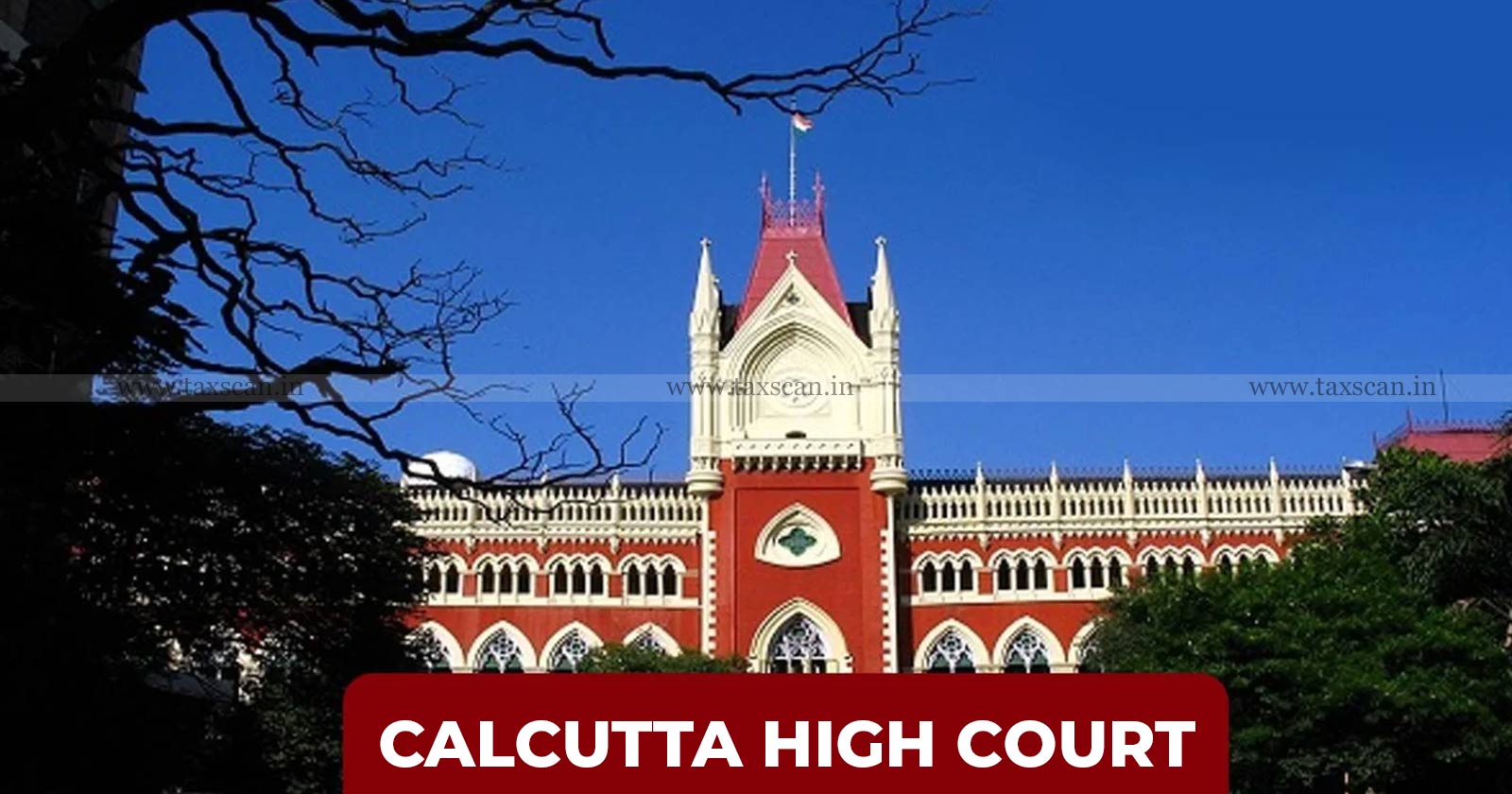Calcutta High Court Rejects Plea seeking CBI or NIA Investigation in West Bengal ED Attack Incident Due to Insufficient Research
The court observed that a writ petition based solely on media reports, without adequate research by the petitioner cannot be entertained

Calcutta High Court – Enforcement Directorate – CBI – TAXSCAN
Calcutta High Court – Enforcement Directorate – CBI – TAXSCAN
On Thursday, the Calcutta High Court questioned the authenticity of the research efforts undertaken by a petitioner who had filed a Public Interest Litigation (PIL) challenging the assaults on members of the Enforcement Directorate (ED) during raids in Sandeshkhali and Bongaon, West Bengal. The division bench, led by Chief Justice TS Sivagnanam and Justice Supratime Bhattacharya, rejected the plea, asserting that the petitioner, a practicing advocate, had not conducted substantial research and relied solely on newspaper reports as annexures.
The assault took place in Sandeshkhali village, reportedly owned by TMC leader Shahjahan Sheikh. Over 100 villagers allegedly displayed hostility towards the ED team, obstructing their operations during a raid related to a suspected ration scam. The ED team, tasked with investigating 18 locations across West Bengal, faced aggression, with villagers surrounding them, vandalizing officials' car screens, and impeding their activities. The attack occurred during the raid on the residence of TMC leaders Shahjahan Sheikh and Shankar Adhya, leading to damage to the officials' vehicle and the ED team retreating to Kolkata. State food minister Jyoti Priya Mallick has already been arrested in connection with the alleged scam.
The court emphasized that a writ petition based solely on media reports, without adequate research by the petitioner, especially concerning an attack on ED officials, cannot be entertained. The judges pointed out the petitioner's lack of understanding of the central agency's role and capabilities, deeming the matter unsuitable for PIL consideration.
The petitioner's counsel argued that attacks on the ED could set a precedent with national repercussions, referring to the alleged ₹660 crore Ration scam. The court responded by highlighting that PILs usually arise due to state machinery failure, requesting intervention by a central agency. However, in this case, the ED is a central agency capable of handling its affairs, and the court questioned the petitioner's reliance on newspaper cuttings without substantial research. The court dismissed the PIL, citing the absence of proper research.
Additionally, the Chief Justice mentioned a resolution passed by the Bar on the same day, urging no work in observance of an advocate's bereavement. The court assured a full hearing for advocates appearing despite the resolution but emphasized that advocates would be duty-bound to appear if the court required their presence during the pendency of any resolution.
Support our journalism by subscribing to Taxscan premium. Follow us on Telegram for quick updates


